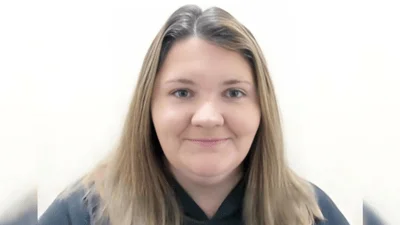It's time for fiscal notes -- effectively the price tag on new legislation introduced into the General Assembly -- to be required in Illinois as a common sense way for lawmakers to understand how much new laws will cost taxpayers, a conservative pundit said during a recent radio talk show.
"There are a number of states that required the fiscal note process on all the bills," Illinois Opportunity Project co-founder Pat Hughes said on "Illinois Rising." "So a legislator can say, 'OK, what am I voting for; I may even like this bill in concept or maybe I think it's something important for our state, but hold on a second, I don't know if we can afford it. Let's take a look at the numbers.' Apparently, here in Illinois that second part of it -- I want what I want, that's part of it, but how do I pay for it -- has been completely ignored."
Without the requirement for fiscal notes on newly introduced pieces of legislation, legislators must vote for or against bills without that knowledge, Hughes said.
"And they have no idea what the fiscal impact of that bill is going to be," he said.
Hughes, a Hinsdale attorney and real estate developer, is president of the Liberty Justice Center and co-founder with Dan Proft of the Illinois Opportunity Project. Proft is a principal of Local Government Information Services, which owns this publication.
Hughes referenced a study by the Illinois Policy Institute found that Illinois lawmakers have been "shopping without looking at the price tag" by voting for bills without knowing how much they will cost. The Illinois Policy Institute report describes the 938 bills that passed from January 2015 to January 2017. Only 27, or less than 3 percent, included a price tag, he said.
At least 10 states require every bill to have a fiscal note, according to a report by the National Conference of State Legislatures. The same thing is required in Illinois only on state revenue or debt impact bills.
That situation arguably could have been headed off by the bipartisan Uniform Collaborative Law Act, SB 31 of 2013, sponsored in the state Senate by Sens. Michael Noland (D-Elgin), Pamela J. Althoff (R-Crystal Lake), Patricia Van Pelt (D-Chicago) and Martin Sandoval (D-Chicago). The bill would have ensured that fiscal notes were included in more legislation in Springfield, but it stalled in the Judiciary Committee before it was re-referred to Assignments and died in 2015.
Hughes said legislation like that should be again considered in Springfield.
"Imagine if someone wanted to vote against that," Hughes said. "This is something that could get momentum to pass in our state and maybe legislators should think about that."






 Alerts Sign-up
Alerts Sign-up